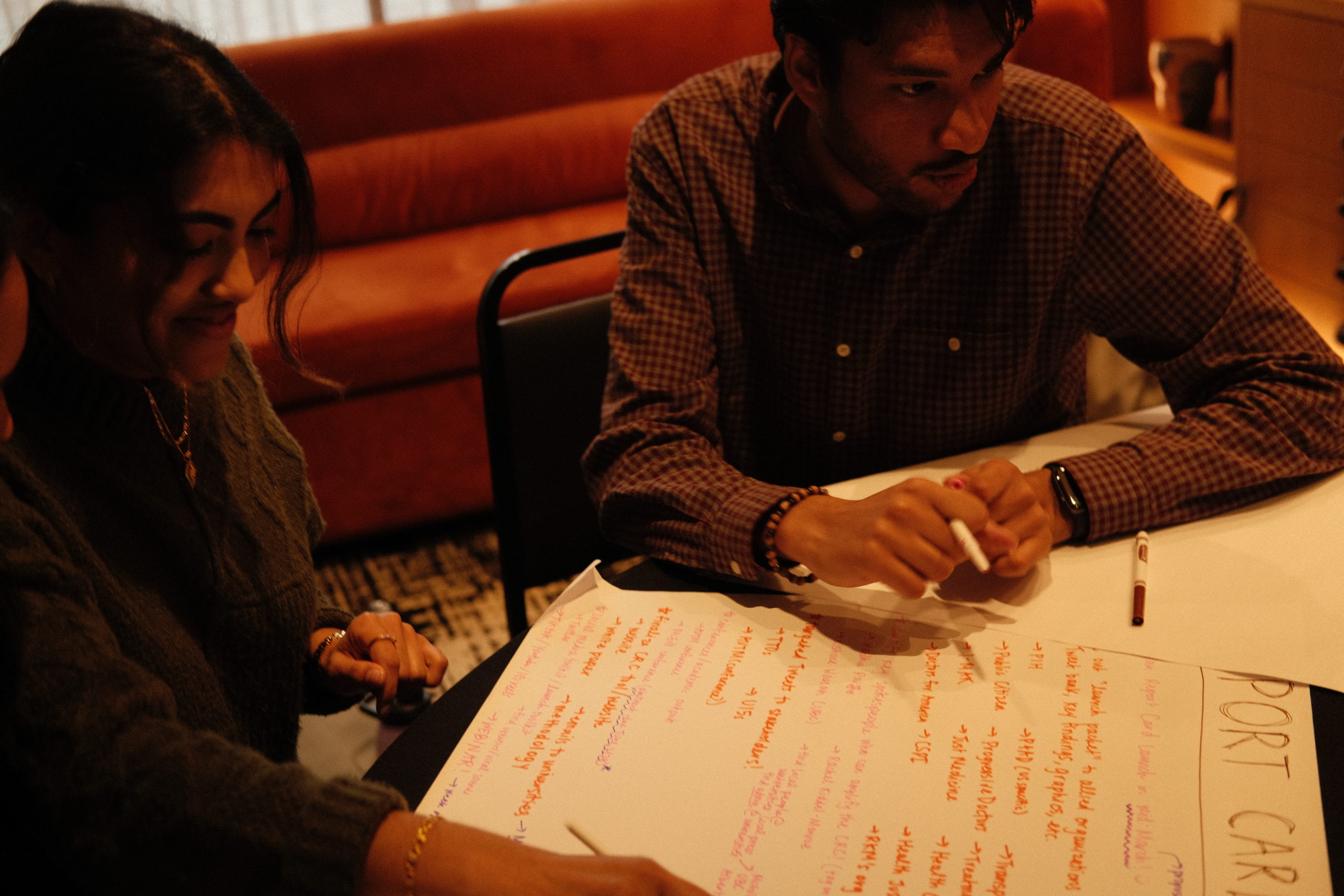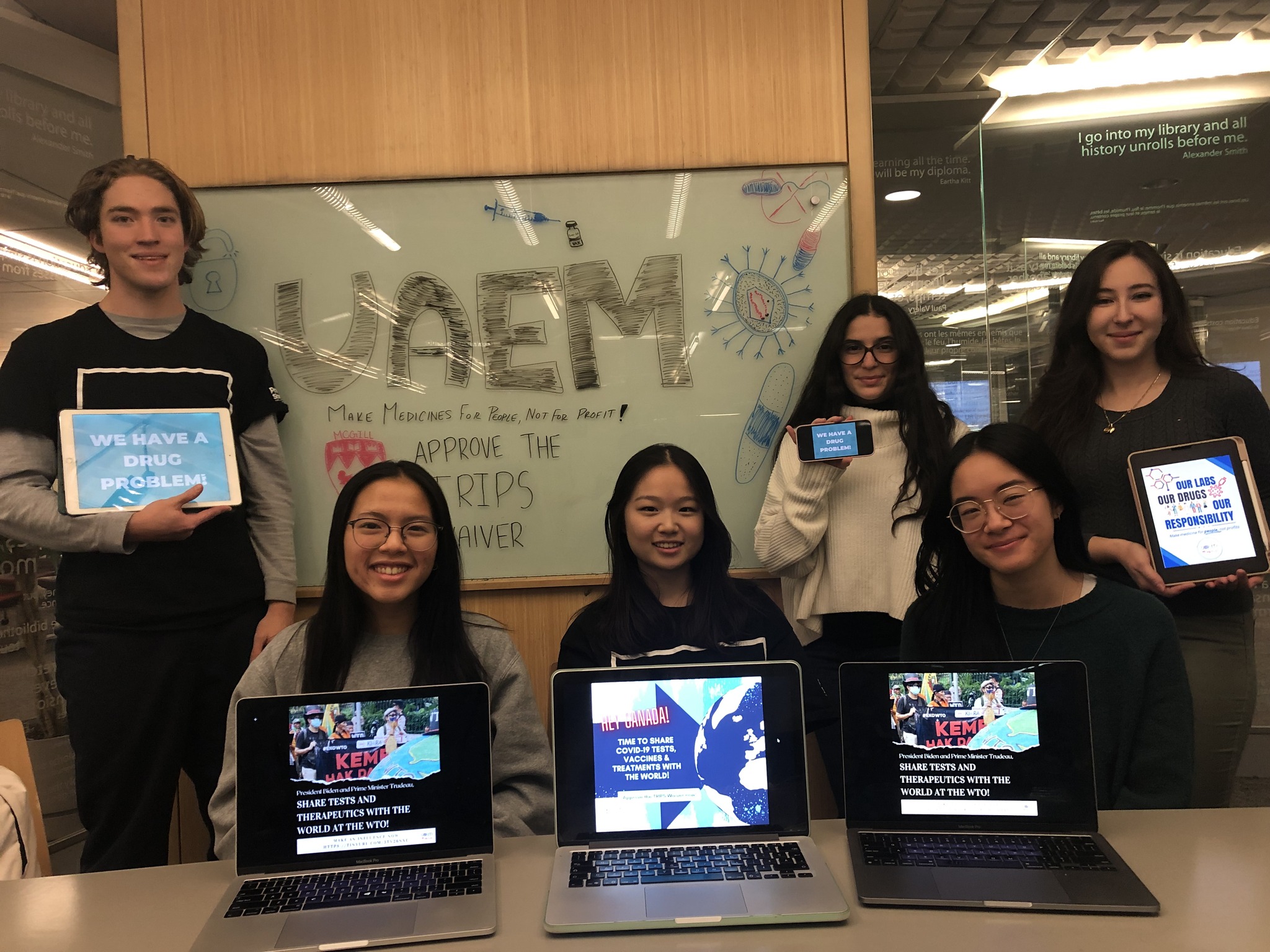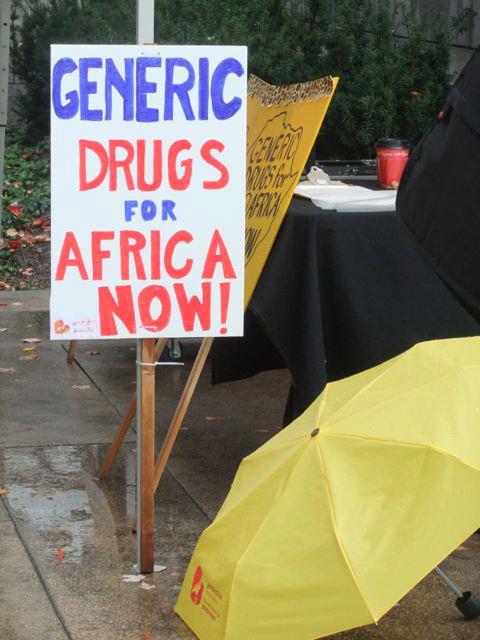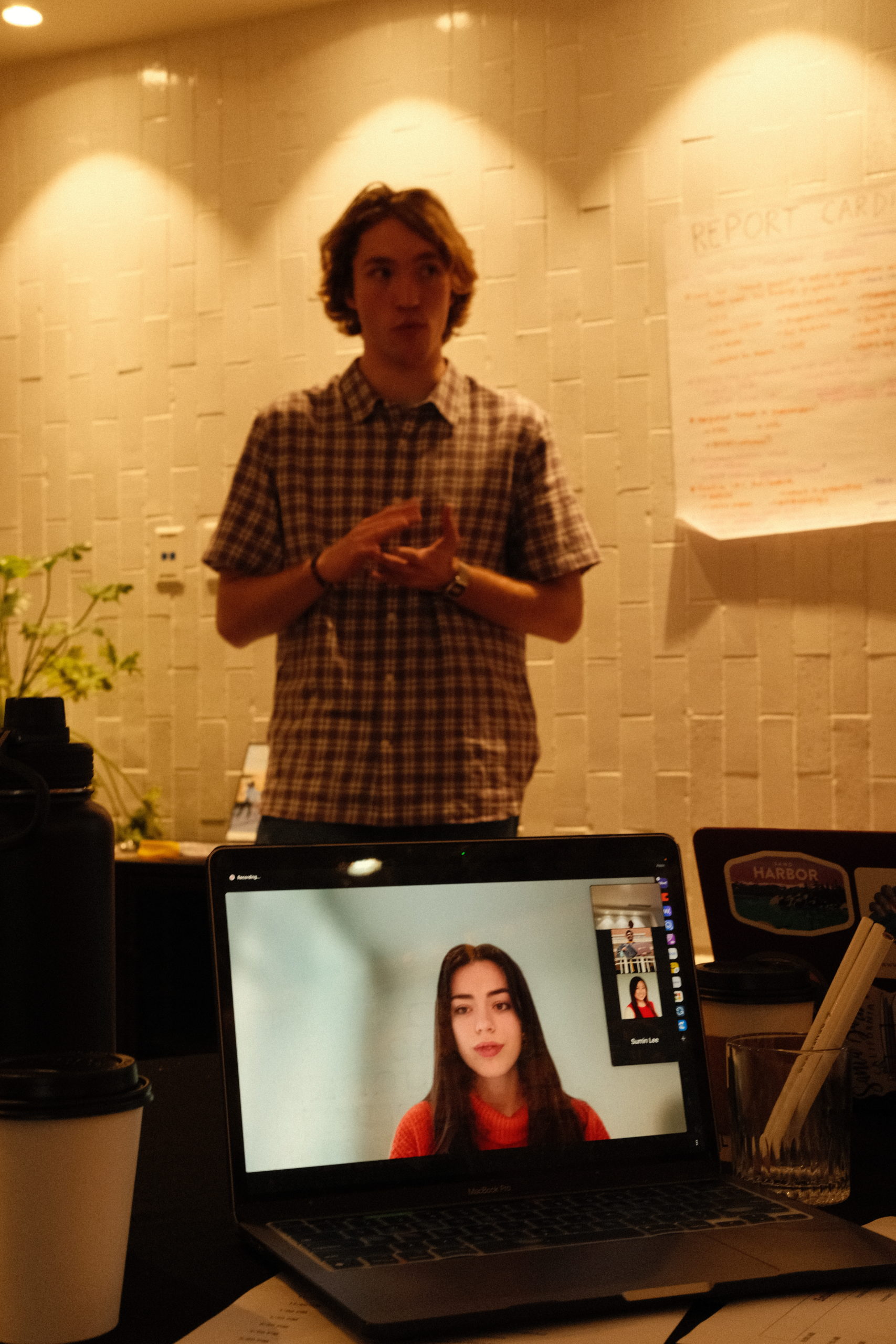Take Action AS A School
Universities can achieve the highest possible score bytaking the following steps.
INNOVATION (GLOBAL HEALTH RESEARCH)
- Work to increase the proportion of research resources devoted to health in low- and lower middle-income countries and neglected diseases, with a goal of achieving a research agenda equitable to the global burden of these diseases. Securing increased grant funding is important but not the only way to achieve this; universities can also: recruit more faculty and students to specialize in these areas; ensure they receive adequate training and support; and advocate to funders the need for increased overall investment in this area.
- Invest in projects that build the university’s global health research capacity, such as new research facilities, strategies to encourage interdisciplinary collaboration and increased recruitment of researchers in the field.
- Establish a major, a center, a department or an initiative dedicated to global health promotion and research.
- Develop healthcare research partnerships with research groups and centres in low- and middle-income countries.
- Commence or increase collaboration with universities in low- and middle-income countries sharing research and knowledge.


ACCESS (GLOBAL ACCESS LICENSING, OPEN ACCESS)
- Adopt a public commitment to socially responsible or “global access” licensing for university medical innovations. The strongest commitments are detailed, specific, and prioritize licenses that enable affordable generic versions of new treatments in developing countries. Examples include the Global Access Licensing Framework, the Statement of Principles for the Equitable Dissemination of Medical Technologies, the University of California Licensing Guidelines (pages 21-23) and the Stanford Nine Points.
- Provide information about socially responsible licensing commitments and practices on the university’s website.
- Prioritize open, non-exclusive licensing of university technologies to promote competitive development and affordable end products.
- Refrain from seeking patents — or “file and abandon” patents — on university technologies in low- and middle-income countries, allowing generic drug makers there to produce low-cost versions of medicines developed from the university’s research.
- Include global access provisions in 100% of exclusive licenses for university technologies. A list of sample provisions can be found in the Global Health Toolkit produced by the Association of University Technology Managers.
- Share best practices and know-how through events, publications, trainings and interactions.
- Ensure that funds are available for researchers to pay article processing charges, and that the process of accessing those funds is clearly explained online.
- Adopt institutional policies that mandate public-access publication by researchers, through submission to university repositories and other open-access databases at the point of publication.
- Provide funds to researchers wishing to publish their research in open-access journals and clearly explain how they can access said funds.
EMPOWERMENT (SHARING BEST PRACTICES ON ALTERNATIVE R&D MODELS)
- Increase the number of (mandatory) courses and programs explicitly targeted towards neglected aspects of HIV/AID, Tuberculosis, Anti-Microbial Resistance, and the role that intellectual property can play in these contexts.
- Encourage diversity within the university’s global health community through specific programs targeting minorities and underrepresented groups, such as, but not limited to, indigenous students and researchers, LGBTQIA+ individuals and visible minorities.


TRANSPARENCY (RESEARCH LICENSING AND RESULTS)
- Register and publish clinical trials and their results on ClinicalTrials.gov or PubMed.
- Create policies mandating for all university researchers to make summaries of their data from clinical trials available on open-access sites
- Develop clear guidelines and/or policies for the procedure to follow when there are potential conflicts of interest with industry partnerships for results’ commercial interests.
COVID-19 (promoting access to COVID-19 research)
- Sign on to an Open-COVID Pledge, or a similar COVID-19 medicines access licensing agreement, to ensure access to university-patented COVID-19 health technologies in low-income countries. Agreements of this sort are essential to allow for generic drug production in disadvantaged populations.
- Ensure that ALL COVID-19 publications are available in open access format

Please contact UAEM at reportcard@uaem.org or visit our website at www.uaem.org if you have any questions or would like more information on UAEM’s work.